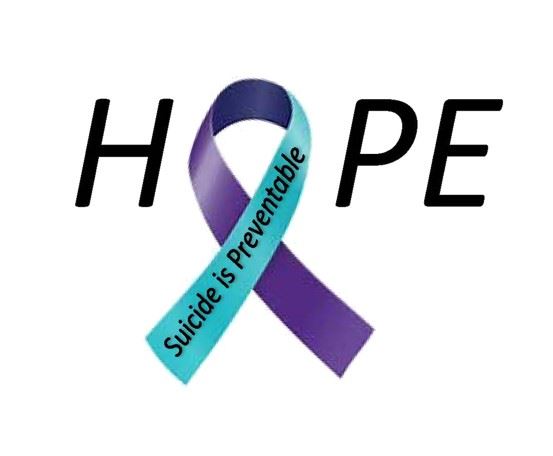Latest News
Driving To Suicide, From Bullying To Psychological Tortures

Driving to Suicide, from bullying to psychological tortures
Bullying is the act done by a person or a group of people being combative to other people uttered through words or their actions. It may include the use of force, abuse, dominate, or intimidate another person. It is a repetitive activity with an intention to hurt another individual physically, mentally, or emotionally. Bullying of a person ultimately leads to depression and behavioral disorders due to which people die by suicide. Cyberbullying is also a form of bullying by the use of the internet or electronic communication, such as mobile phones, e-mail, and text messages, to cause humiliation, terrorization, embarrassment, and psychological distress to a person. A study shows that people are more prone to suicidal intentions in cyberbullying than in verbal bullying.
In India, there is no special legislation to deal with bullying or cyberbullying. But Section 67 of the Information Technology Act, 2000 partially deals with the concept of cyberbullying. However, The Raghavan Committee report recommended the teachers and principals of schools shall be held liable for any such acts of bullying if takes place in school premises and this was also held in the case of the University of Kerala v. Council, Principal’s colleges, Kerala & others. [1]
In the case of Consumer Education and Research Centre v. Union of India [2], the Supreme Court held that “Right to life includes the protection of the health and strength of the worker is a minimum requirement to enable a person to live with human dignity. The right to human dignity, development of personality, social protection, right to rest and leisure are fundamental human rights to a workman assured by the Charter of Human Rights, in the Preamble and Arts.38 and 39 of the Constitution”. It laid the emphasis on Human dignity.
Mental disorders get a premier position in the causation of suicide matrix. Social stresses, emotional insults, rejection, public humiliation, defamation, or shame also play a major role in a suicidal attempt. A combination of poor coping skills or other suicide vulnerability factors and an emotional insult can be particularly devastating. For example, the LGBTQ community are the people who face social rejection, many of them end up taking their lives.
Abetment is an offense under the Indian Penal Code. Abetment is defined in section 107 of IPC as the action of instigating or encouraging a person into committing an offense. It can also mean aiding a person while he is committing an offense. Section 306 of IPC covers Abetment to the commission of suicide and the Abetment of an attempt to commit suicide is outside the purview of Section 306 IPC and it is only punishable when section 309 read with section 107.
Ramesh Kumar v State of Chhattisgarh [3]
In this case, The Court interpreted the term “instigation” again and declared that in order to satisfy the requirement of instigation, though the actual words must be used for such a consequence, yet a reasonable certainty to incite the consequence must be capable of being spelled out. A word uttered out of anger or emotion cannot be termed as “instigation”.
Psychological tortures during interrogation do not amount only to physical assault but also affect the senses and personality of the person and kill the person from inside that he ends up committing suicide. Isolation is a form of psychological torture that leads to anxiety and depression and it is a mammoth task for anyone to do it. In this current phase of the coronavirus, unpreparedness for the lockdown in terms of finance and essentials directly affect the mental health of people. It is impacting people all around the world and people are driving towards suicide.
Suicide is a multifaceted problem and hence it should be prevented. People should accept the fact that suicide occurs at any age and it should not be taken as a stigma to the society and for that suicide prevention and intervention strategies should be adopted.
[1] (2011) 14 SCC 357.
[2] AIR SC (1995) 922
[3] 2001 (9) SCC 618



































































































